The effective use of knowledge is critical to the success of NASA’s missions and the organization’s long-term sustainability. Knowledge Forums are small, engaging one-day events that address different aspects of knowledge acquisition, capture, and transfer. The forums feature leading experts and practitioners from government, industry, and academia who deal directly with knowledge-related challenges. Participants interact with […]
Organization: HQ
Emphasis is placed on informal discussions and networking in order to cultivate a strong and innovative knowledge community.
The Principal Investigator (PI) Team Masters Forums are a collaborative effort between the Academy and NASAs Science Mission Directorate. The purpose of these forums is to enable NASAs PI-led mission teams to engage, share with, and learn from fellow practitioners from a broad range of science missions through their stories, shared experiences, and lessons learned. […]
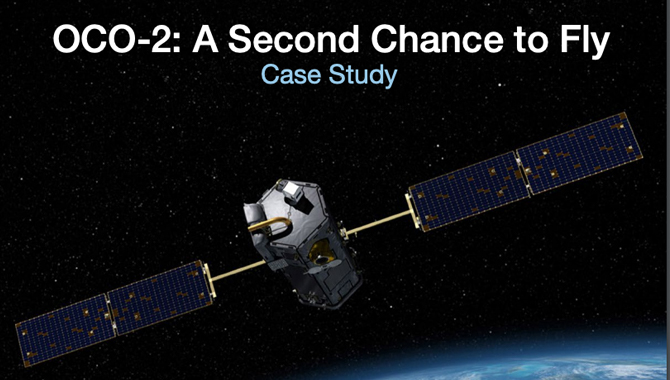
At 1:55 a.m. on February 24, 2009, a Taurus XL rocket rumbled away from the ground at Vandenberg Air Force Base in California carrying the Orbiting Carbon Observatory (OCO). OCO was on its way to orbit—but not for long. The payload fairing failed to separate from the launch vehicle, preventing the final stage from boosting […]
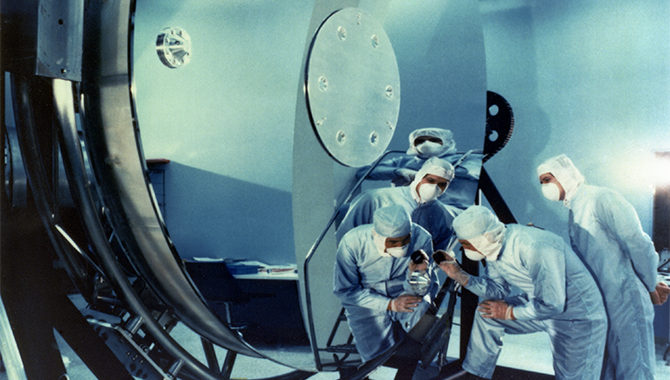
In 2006, APPEL Director Roger Forsgren and Ohio State University Associate Professor Anthony Luscher developed a new APPEL course: Seven Axioms of Good Engineering A Case Studies Course: Learning From Failure (SAGE). Specifically tailored to address NASA’s mission and program needs, the course was built around seven core principles that are broadly applicable to all […]
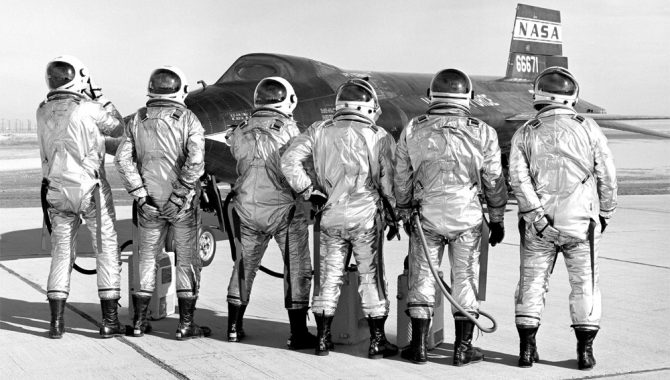
The X-15 program, which ran from the mid-1950s through the late 1960s, sought to learn more about the problems and possibilities of hypersonic flight and human spaceflight. At first glance, the research-focused rocket planes of the X-15 project may appear to have little in common with the space shuttle, which launched nearly a decade and […]
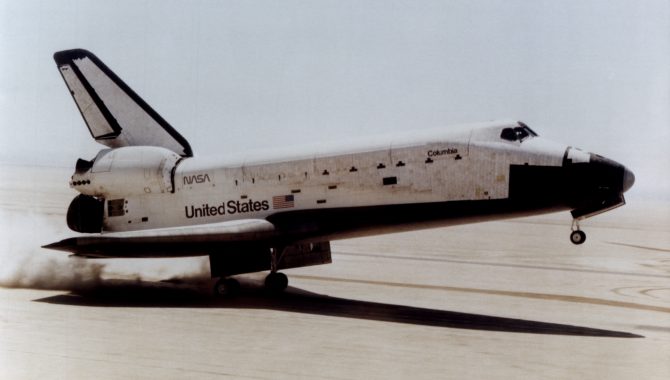
The Space Shuttle Columbia thundered skyward at 10:39 AM on January 16, 2003 from Kennedy Space Center. Little more than a minute later, a chunk of insulating foam tore away from the external fuel tank and splintered against Columbia’s left wing. The incident did not disrupt Columbia’s planned path to orbit; indeed, nobody on the […]
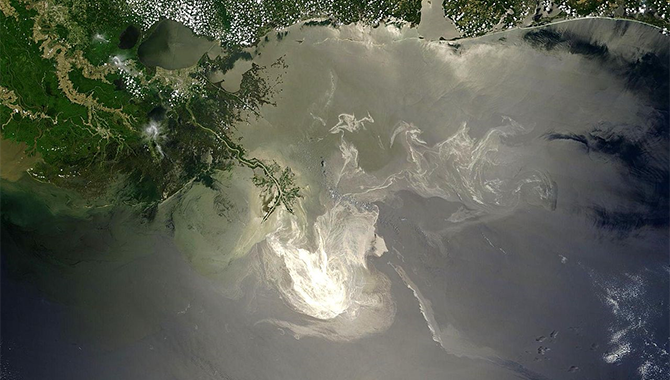
The events leading up to the Deepwater Horizon accident offers several cautionary lessons for NASA. The lessons from this tragedy are potent reminders of the pitfalls that can plague complex programs and projects in any industry, even (perhaps especially) those with long track records of success. Prior to the accident, Deepwater Horizon was one of […]
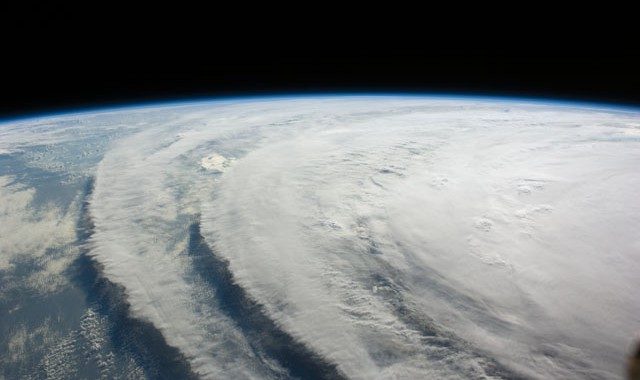
Surviving the third costliest hurricane to hit the United States reaffirmed a common lesson for NASA: in the event of an emergency, you’d better have a plan.





